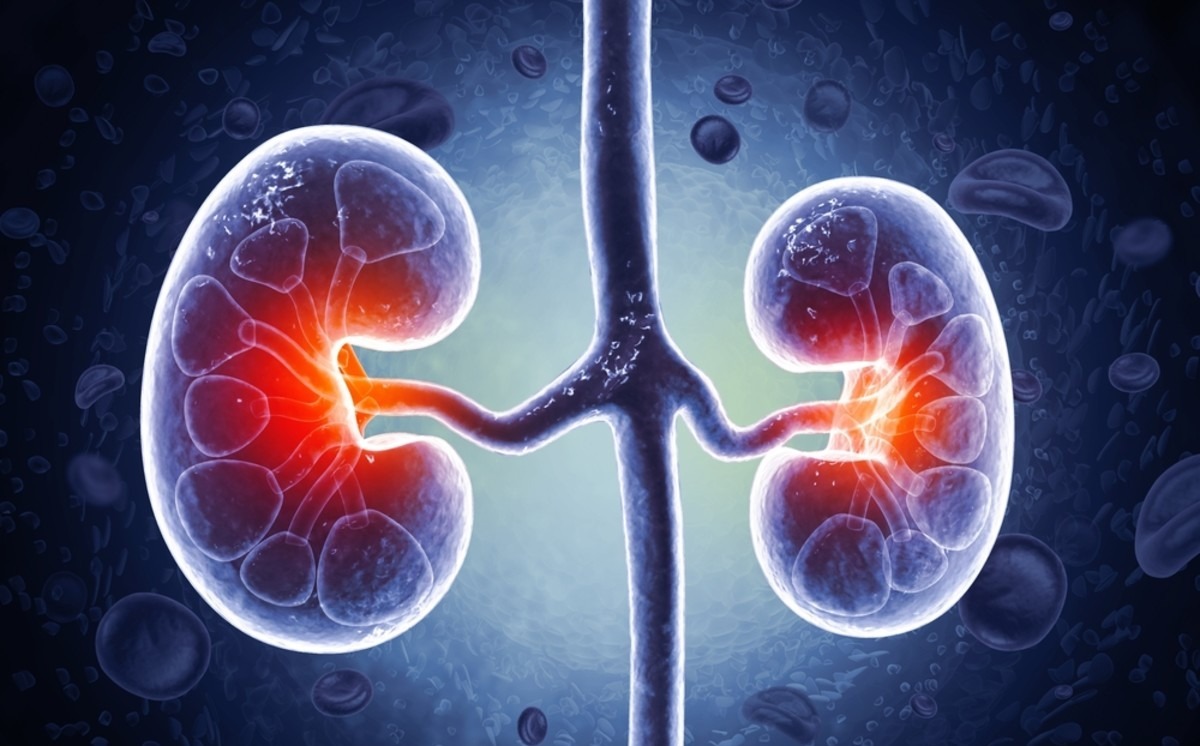In a major advancement for kidney health, researchers have identified key biological markers that could vastly improve how chronic kidney disease (CKD) is diagnosed and managed. A simple blood or urine test may now offer clearer predictions about how the disease will progress, potentially transforming care for millions of patients worldwide.
The study highlights Kidney Injury Molecule-1 (KIM-1), a specific indicator of kidney damage found in both blood and urine. Higher levels of KIM-1 were strongly linked to increased risks of mortality and kidney failure. This discovery could help clinicians identify which patients are at the greatest risk and which are more likely to experience a slower disease progression.
Unlike routine kidney tests, which often provide broad or non-specific data, researchers measured 21 different biomarkers tied to kidney disease, inflammation, and cardiovascular health. These markers uncover the underlying biological processes that drive CKD, offering a more precise view of disease activity.
“The progression of chronic kidney disease is highly variable between people, so it’s difficult to predict which patients will progress to kidney failure or worse,” said lead researcher Dr. Thomas McDonnell. “Our work raises the prospect of developing simple blood or urine tests that could better predict the degree of risk — invaluable information for doctors and patients.”
The research team analysed blood and urine samples from more than 5,000 CKD patients across 16 nephrology centres in the UK. Using statistical modeling, they developed risk prediction tools that assess how these biomarkers correlate with disease progression and mortality.
These models are more closely aligned with the biological changes occurring in CKD, paving the way for personalized treatment plans. Clinicians may soon be able to identify high-risk individuals for earlier intervention or specialist referral, while also preventing unnecessary treatments in lower-risk cases.
The findings represent a significant leap forward in the understanding and management of chronic kidney disease, with the potential to improve outcomes and quality of life for patients across the globe.




